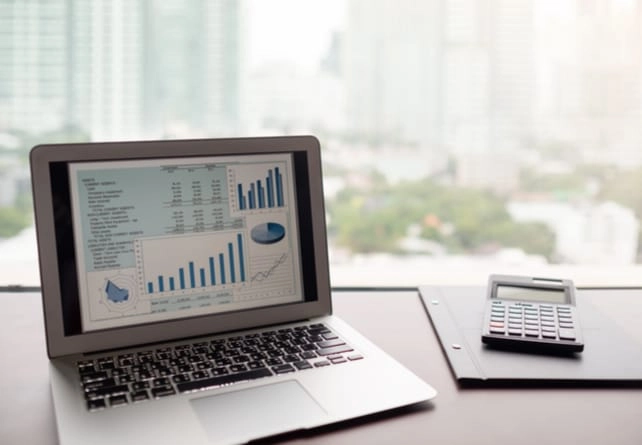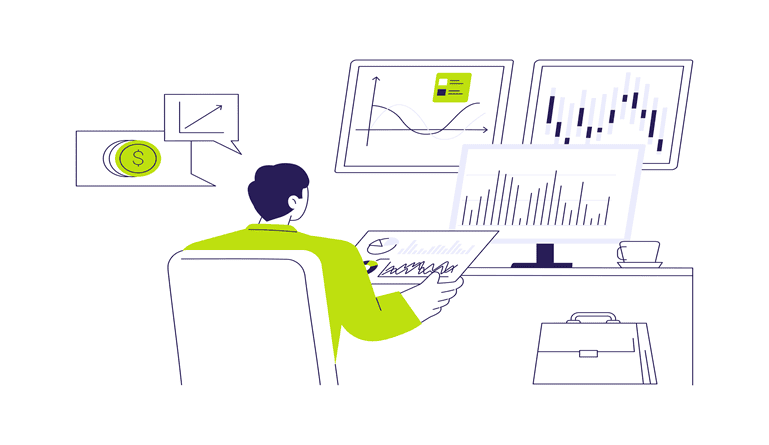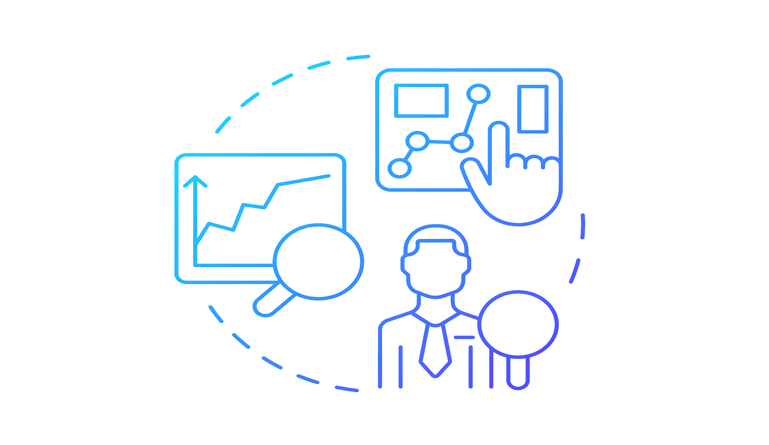It is without question that ever-improving technology is helping our society grow. Information technology is a large factor in this. Information technology (IT) involves computers, storage, networking, and other physical devices, systems, and processes that are used to create, process, store, secure, and exchange all types of electronic data. The term was coined by the Harvard Business Review in order to differentiate between purpose-built machines designed to perform a limited scope of functions and general-use computing machines, which are generally used to describe enterprise operations.
Modern Accounting Systems and Information Technology
As the IT industry evolved from the mid-20th century, it encompassed transistors and integrated circuits. This technology has innovated many different aspects of our society, especially modern accounting. In recent years, modern accounting has seen many developments thanks to the advancement in information technology. Better technology has streamlined and improved many aspects. Here are some of the ways IT has impacted modern accounting systems.
Computerized Accounting Systems
One of the biggest impacts IT has had on accounting is obviously the ability to develop and use computerized systems to track and record financial transactions. IT has given companies the opportunity to translate paper ledgers, manual spreadsheets, and handwritten financial statements into computer systems. This has expedited the accounting process exponentially. Now accountants are able to quickly find and analyze documents and increase their workload. Many of the most used accounting systems can be tailored to specific industries and companies, allowing them to create individual reports quickly and easily for decision making. Additionally, updates can be made pretty easily to reflect any economic changes.
Improved Accuracy
Most computerized accounting systems have internal checks and balances to ensure that all transactions and accounts are properly balanced before financial statements are prepared. Computerized systems also don’t allow journal entries to be out of balance at the time of input, ensuring that every individual transaction is accurately and properly archived. Accuracy is improved by limiting the number of accountants that have access to financial information. This ensures that there are fewer chances of mistakes or corruption.
Increased Functionality
Computerized accounting systems have also improved the functionality of accounting departments by increasing the timeliness of accounting information. This greatly streamlines the decision-making and the functionality of the whole company. By giving a more accurate and updated look at current operations, decision-makers are able to make more reliable and accurate decisions. Information technology has helped improve many financial reports including cash flow statements, departmental profit, and loss, as well as market share reports.
Faster Processing and Better Reporting
Information technology systems allow accountants to process large amounts of financial information and quickly process it through the accounting system. With a quicker processing time for individual transactions, the amount of time needed to close out each accounting period is greatly decreased. Quarterly and year-end closing periods can be especially taxing for accounting departments, but, with the shortened time due to computerized systems, accountants can work at a more efficient and effective rate.
Reporting that goes to outside investors and stakeholders are also greatly improved by computerized accounting systems. With better reporting, investors can determine if a company is a good investment or not. This can help companies find equity financing to help expand their businesses.
The Growth of Accounting Software
There are a number of software tools that accountants have at their disposal that make their job easier and more efficient. Some of those options, detailed in the Procedia journal of Social and Behavioral Sciences, are listed below.
- Accounting software contains basic accounting functions such as input, processing, and output. There are two classifications of accounting software as low-end and high-end. Low-end is all-in-one software, which means all of the functions of the accounting system are performed within one software. Therefore, low-end software is used for small companies.
- Income tax. Because tax laws are frequently changing, it is becoming exceedingly difficult to deal with them. Therefore, manual tax preparation is becoming more and more difficult and time-consuming. Fortunately, tax preparation software is currently available for companies. Therefore, instead of processing tax manually, companies can use computer software to perform the same functions. As a result, even complex calculations can be performed via computers in a short period of time.
- Audit. Information technology has also computerized the auditing profession. If auditors perform auditing functions manually, it takes time. However, audit software packages are currently available for auditors. For example, trial balance software enables auditors to input the working trial balance, handle all types of adjusting entries, and automatically compute the adjusted trial balance.
- Word processing. Word processing is computer-assisted creation, editing, correcting, manipulation, storage, and printing of textual data. Accountants use word processing software to prepare reports, billings, memos, and financial statements.
- Graphics software. Graphics can be prepared using graphics software. Graphics can be printed on paper or displayed on slides, transparencies, and photos. Many auditors and managerial accountants use the graphics software to graph the data in financial statements and reports.
Modern accounting is an aspect of the business that is always needed. Without accounting, the business world will collapse. As technology continues to develop, accounting will as well. Some of the ways that IT has impacted modern accounting are more accuracy, faster processing, better reporting, increased functionality, and centralized computerized accounting systems.




